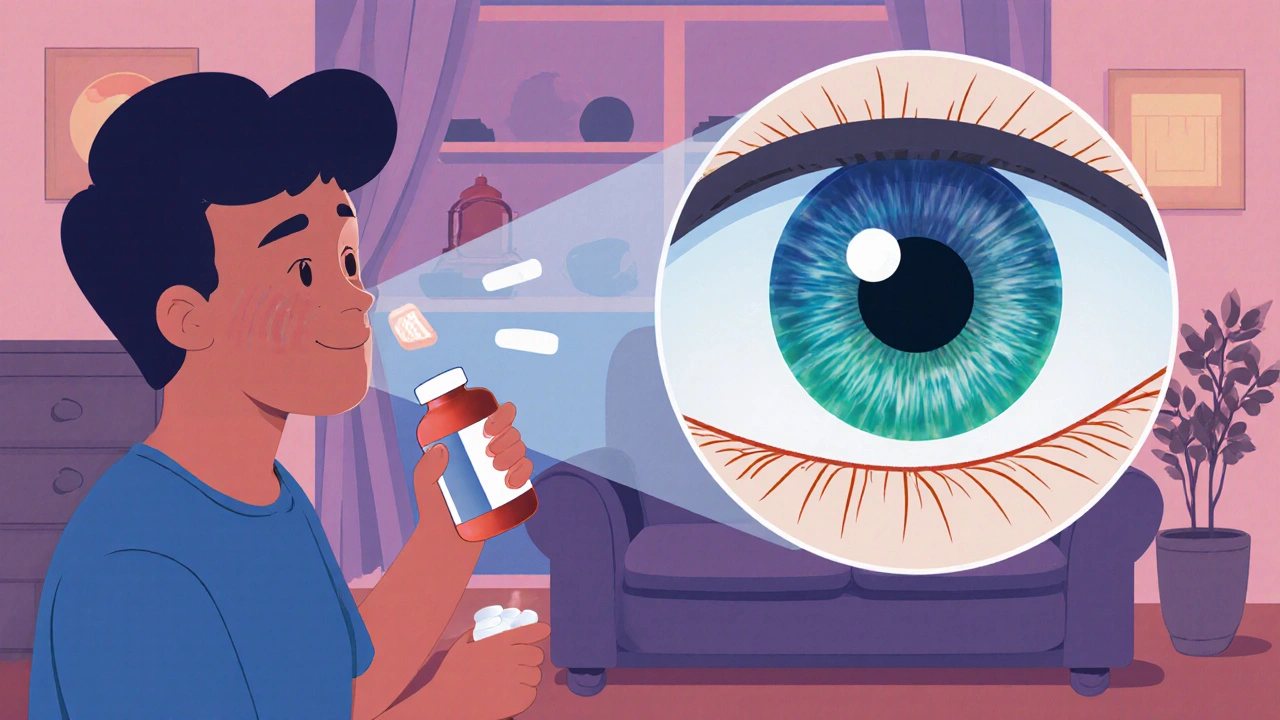Glaucoma: Protect Your Vision by Understanding This Common Eye Condition
Glaucoma is often called the 'silent thief of sight' because it can sneak up on you without obvious symptoms until vision loss starts. It happens when pressure inside your eye builds up, damaging the optic nerve that's vital for clear sight. If you don’t catch it early, this nerve damage can lead to permanent vision problems or even blindness.
The tricky part about glaucoma is you might not notice anything wrong at first. That's why regular eye check-ups matter, especially if you have risk factors like family history, high eye pressure, age over 40, or certain medical conditions.
How Glaucoma Affects Your Eyes
Imagine the eye like a water balloon with fluid continuously flowing in and out. Glaucoma happens when this fluid doesn't drain properly, increasing eye pressure. Over time, this pressure harms the optic nerve fibers. The damage starts at the edges of your vision, so it’s easy to miss until it progresses.
There are different types of glaucoma, with open-angle glaucoma being the most common. It develops slowly and painlessly. Another type, angle-closure glaucoma, can come on suddenly, often with eye pain and redness—it’s an emergency if that happens.
What You Can Do About It
Early detection through regular eye exams is your best defense. Eye doctors check your eye pressure and examine your optic nerve to spot early signs. If you have glaucoma, treatments usually focus on lowering eye pressure. This might mean using eye drops, taking oral medications, or sometimes surgery to help fluid drain better.
Besides treatment, maintaining overall eye health is key. Protect your eyes from injury, eat a balanced diet rich in leafy greens and omega-3s, and manage conditions like diabetes and high blood pressure.
Glaucoma might sound scary, but with the right care and attention, you can keep your vision safe. Keep up with eye exams and talk to your doctor if you have concerns. Your eyes deserve that care.
Antihistamines and Glaucoma: Risks of Common Allergy Meds for Eye Health
Learn why common antihistamines can trigger acute angle‑closure glaucoma, which drugs are safe, and how to protect your eyes while treating allergies.
Understanding the Link Between High Eye Pressure and Retinal Detachment
High eye pressure, often associated with glaucoma, can be a silent threat that leads to retinal detachment if not monitored. This article explores how elevated intraocular pressure can damage the eye and increase the risk of retinal detachment, and offers tips on prevention and early detection.


